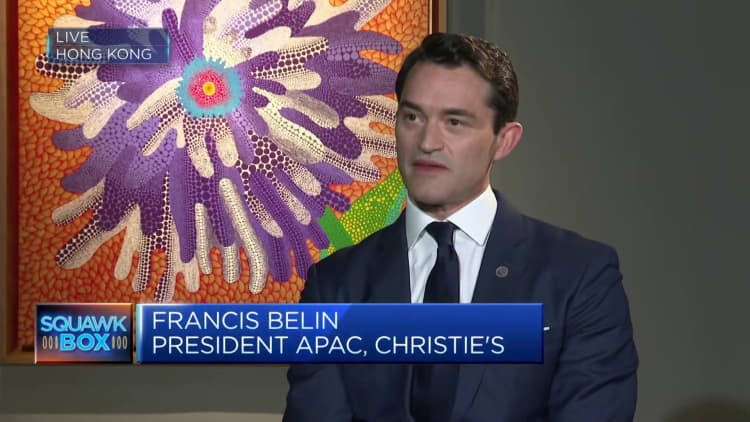
Bill Ackman has been roiling university elites for the past few months. This weekend, he took it up a notch—and tossed artificial intelligence into the mix.
In a lengthy post on X on Sunday, the billionaire investor expounded on the power of AI tools to quickly accomplish what humans would find too laborious: sift through decades of academic papers to reveal examples of plagiarism.
“No body of written work in academia can survive the power of AI searching for missing quotation marks, failures to paraphrase appropriately, and/or the failure to properly credit the work of others,” wrote the Pershing Square Capital Management founder and CEO.
Of course, many believe that AI tools themselves plagiarize, as evidenced by, among other cases, the New York Times recently suing ChatGPT maker OpenAI over the issue. But AI can also be used for plagiarism detection. Other tools have long existed for that, of course, but AI brings new power to the task.
Ackman’s Sunday post followed another on Saturday in which he vowed to subject the work of MIT President Sally Kornbluth and faculty to plagiarism checks, writing, “We will share our findings in the public domain.”
After that post, he wrote on Sunday, “I am sure that an audible collective gasp could be heard around the campus. Why? Well, every faculty member knows that once their work is targeted by AI, they will be outed.”
His posts this weekend followed accusations from Business Insider that his wife, former MIT professor Neri Oxman, had plagiarized parts of her doctoral dissertation. Ackman cast doubts on those accusations and contemplated how AI tools will be used going forward.
No paper written by a faculty member will be published “without a careful AI review for plagiarism” from now on, he wrote. “But what do we do about papers written before today, which will inevitably fail an AI plagiarism test? The answer I believe is that there are different kinds of plagiarism, and it depends.”
He continued, “What if a plagiarism review turned into an incredible embarrassment for the entire university? It could lead to wholesale firings of faculty. Donors terminating their donations. Federal funding being withdrawn, and a massive litigious conflagration where faculty members and universities sue one another about what is plagiarism, and what is not.”
He added “maybe that’s a good thing” given the impact of higher education on society.
Ackman started a pressure campaign against three university presidents—MIT’s Kornbluth, Harvard’s Claudine Gay, and the University of Pennsylvania’s Liz Magill—after they failed to demonstrate they would stand up to on-campus antisemitism during a congressional hearing in December. Gay resigned this week, and Magill did so shortly after the testimony. Now Ackman is focusing on Kornbluth.
Ackman noted that he didn’t have plagiarism in mind when he pushed for the removal of Harvard’s Gay, though questions over whether she’d committed plagiarism later played a role.
“I did not originally seek Claudine Gay’s removal as President of Harvard due to plagiarism allegations,” he wrote. “In fact, from the beginning I was simply trying to help her address the rise of antisemitism on campus.”
In December, Ackman suggested that Gay’s hiring as president was less about merit and more about Harvard’s policies on diversity, equity, and inclusion (DEI).
“Shrinking the pool of candidates based on required race, gender, and/or sexual orientation criteria is not the right approach to identifying the best leaders for our most prestigious universities,” he wrote on X, adding, “We are all shortly going to realize that the DEI era is the McCarthy era Part II.”
Credit: Source link















